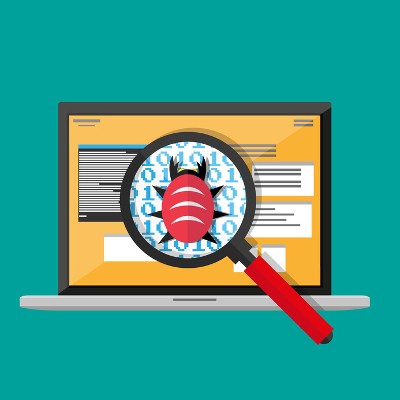
NuTech Services Blog
NuTech Services has been serving the Grand Blanc area since 2003, providing IT Support such as technical helpdesk support, computer support, and consulting to small and medium-sized businesses.
0 Comments
Thanks to one of Google’s researchers with the Zero Day Project, it has been discovered that LastPass has a major vulnerability as a result of a major architectural problem. This news comes on the heels of many other flaws the same researcher discovered within LastPass. However, based on what the researcher claims, these vulnerabilities were much less serious than his latest discovery.
In recent news, millions of records containing personal information were made available to the public in a sizable data leak, providing potential scammers with plenty of information to utilize in their schemes. These records were all part of a 53 GB database that was available for purchase from Dun & Bradstreet, a business service firm.
In 2014, Facebook launched Safety Check, a helpful tool allowing users to “check in” that they’re okay during a crisis event, like a natural disaster, mass shooting, etc. Recently, Facebook made a major change to Safety Check by allowing users affected by the crisis to activate the feature. This is yet another example of how social media is changing the way people find out about major events and react to them.
Ransomware is a particularly nasty strain of malware that continues to pop up in unexpected forms. In the case of a new variant of called Cerber, it targets users of Microsoft Outlook using a zero-day vulnerability via phishing messages. To make matters worse, Cerber can also utilize DDoS attacks, which is a major cause for concern.
Microsoft recently issued security patches to fix 27 vulnerabilities, many of which are critical in nature. The vulnerabilities are significant and popular titles are affected like Windows, Microsoft Office, Internet Explorer, and the new Edge browser. Microsoft users that ignore these security patches are putting their system at unnecessary risk.
You don’t often hear about mobile operating systems being vulnerable to security threats (desktop vulnerabilities usually hog the spotlight), but when you do, they’re usually major problems that you need to be aware of. One such threat is called “Hummer,” a trojan that has installed unwanted apps and malware to more than a million phones all over the world.
Tag Cloud
User Tips
Communication
Innovation
Smartphone
Mobile Devices
Business Computing
Cloud
Microsoft
IT Services
Collaboration
Small Business
Tip of the Week
Security
Android
Hackers
Quick Tips
Users
Network Security
Smartphones
Cybersecurity
Hosted Solutions
Google
IT Support
Efficiency
VoIP
Best Practices
Technology
Hardware
Workplace Tips
Malware
Internet
Data
Software
Miscellaneous
Computer
Privacy
Email
Business
Productivity
Backup
Upcoming Events
| No events |
Recent Comments
No comments yet.
Latest Blog Entry
Card skimming is a very real problem for companies and individuals alike, but there will always be those who are more impacted by these kinds of financial scams—particularly those who rely on prepaid cards provided by the government for food assistance and so on.
Latest News
NuTech Services launches new website!
NuTech Services is proud to announce the launch of our new website at www.nutechology.com. The goal of the new website is to make it easier for our existing clients to submit and manage support requests, and provide more information about our services for prospective clients.
Read more ...










